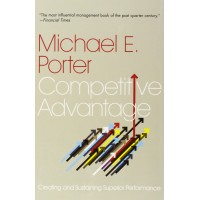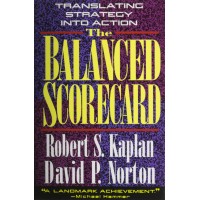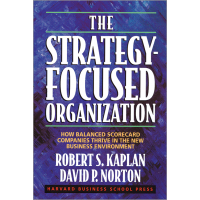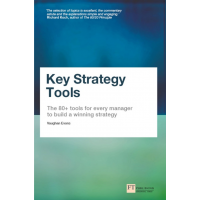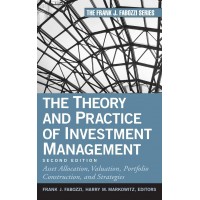Principles of Scientific Managment
The principal object of management should be to secure the maximum prosperity...
This brief essay, by Frederick Winslow Taylor, the founder of scientific management has served for over fifty years as a primer for administrators and for students of managerial techniques. Although scientific management was developed primarily as a system for increasing productivity in industry, its principles have been applied to all kinds of large-scale enterprises, including operations within departments and agencies of the federal government. It is in this volume that the author gives the theory of scientific management its clearest airing.
PRESIDENT ROOSEVELT, in his address to the Governors at the White House, prophetically remarked that “The conservation of our national resources is only preliminary to the larger question of national efficiency.” The whole country at once recognized the importance of conserving our material resources and a large movement has been started which will be effective in accomplishing this object. As yet, however, we have but vaguely appreciated the importance of “the larger question of increasing our national efficiency.”
We can see our forests vanishing, our water-powers going to waste, our soil being carried by floods into the sea; and the end of our coal and our iron is in sight. But our larger wastes of human effort, which go on every day through such of our acts as are blundering, ill-directed; or inefficient, and which Mr. Roosevelt refers to as a lack of “national efficiency,” are less visible, less tangible, and are but vaguely appreciated.
We can see and feel the waste of material things. Awkward, inefficient, or ill-directed movements of men, however, leave nothing visible or tangible behind them. Their appreciation calls for an act of memory, an effort of the imagination. And for this reason, even though our daily loss from this source is greater than from our waste of material things, the one has stirred us deeply, while the other has moved us but little.
As yet there has been no public agitation for “greater national efficiency,” no meetings have been called to consider how this is to be brought about. And still there are signs that the need for greater efficiency is widely felt.
The search for better, for more competent men, from the presidents of our great companies down to our household servants, was never more vigorous than it is now. And more than ever before is the demand for competent men in excess of the supply.
What we are all looking for, however, is the readymade, competent man; the man whom some one else has trained. It is only when we fully realize that our duty, as well as our opportunity, lies in systematically cooperating to train and to make this competent man, instead of in hunting for a man whom some one else has trained, that we shall be on the road to national efficiency.
In the past the prevailing idea has been well expressed in the saying that “Captains of industry are born, not made”; and the theory has been that if one could get the right man, methods could be safely left to him. In the future it will be appreciated that our leaders must be trained right as well as born right, and that no great man can (with the old system of personal management) hope to compete with a number of ordinary men who have been properly organized so as efficiently to cooperate.
In the past the man has been first; in the future the system must be first. This in no sense, however, implies that great men are not needed. On the contrary, the first object of any good system must be that of developing first-class men; and under systematic management the best man rises to the top more certainly and more rapidly than ever before.
This paper has been written:
First. To point out, through a series of simple illustrations, the great loss which the whole country is suffering through inefficiency in almost all of our daily acts.
Second. To try to convince the reader that the remedy for this inefficiency lies in systematic management, rather than in searching for some unusual or extraordinary man.
Third. To prove that the best management is a true science, resting upon clearly defined laws, rules, and principles, as a foundation. And further to show that the fundamental principles of scientific management are applicable to all kinds of human activities, from our simplest individual acts to the work of our great corporations, which call for the most elaborate cooperation. And, briefly, through a series of illustrations, to convince the reader that whenever these principles are correctly applied, results must follow which are truly astounding.
This paper was originally prepared for presentation to The American Society of Mechanical Engineers. The illustrations chosen are such as, it is believed, will especially appeal to engineers and to managers of industrial and manufacturing establishments, and also quite as much to all of the men who are working in these establishments. It is hoped, however, that it will be clear to other readers that the same principles can be applied with equal force to all social activities: to the management of our homes; the management of our farms; the management of the business of our tradesmen, large and small; of our churches, our philanthropic institutions, our universities, and our governmental departments.
About the Author
Frederick Winslow Taylor, an inventor and engineer who is known as the father of scientific management. His system of industrial management has influenced the development of virtually every country enjoying the benefits of modern industry. Taylor was the son of a lawyer. He entered Phillips Exeter Academy in New Hampshire in 1872, where he led his class scholastically. After passing the entrance examination for Harvard, he was forced to abandon plans for matriculation, as his eyesight had deteriorated from night study. With sight restored in 1875, he was apprenticed to learn the trades of patternmaker and machinist at the Enterprise Hydraulic Works in Philadelphia. Three years later he went to the Midvale Steel Company, where, starting as a machine shop labourer, he became successively shop clerk, machinist, gang boss, foreman, maintenance foreman, head of the drawing office, and chief engineer.In 1881, at age 25, he introduced time study at the Midvale plant. The profession of time study was founded on the success of this project, which also formed the basis of Taylor’s subsequent theories of management science. Essentially, Taylor suggested that production efficiency in a shop or factory could be greatly enhanced by close observation of the individual worker and elimination of waste time and motion in his operation. Though the Taylor system provoked resentment and opposition from labour when carried to extremes, its value in rationalizing production was indisputable and its impact on the development of mass production techniques immense.
Studying at night, Taylor earned a degree in mechanical engineering from Stevens Institute of Technology in 1883. The following year he became chief engineer at Midvale and completed the design and construction of a novel machine shop. Taylor might have enjoyed a brilliant full-time career as an inventor—he had more than 40 patents to his credit—but his interest in what was soon called scientific management led him to resign his post at Midvale and to become general manager of the Manufacturing Investment Company (1890–93), which in turn led him to develop a “new profession, that of consulting engineer in management.” He served a long list of prominent firms ending with the Bethlehem Steel Corporation; while at Bethlehem he developed high-speed steel and performed notable experiments in shoveling and pig-iron handling.
Taylor retired at age 45 but continued to devote time and money to promote the principles of scientific management through lectures at universities and professional societies. From 1904 to 1914, with his wife and three adopted children, Taylor lived in Philadelphia. The American Society of Mechanical Engineers elected him president in 1906, the same year that he was awarded an honorary doctor of science degree by the University of Pennsylvania.

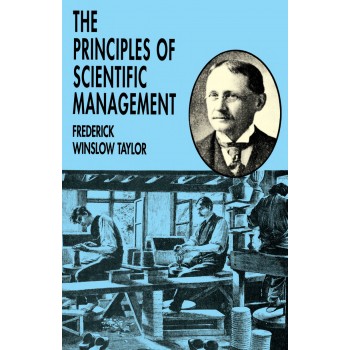
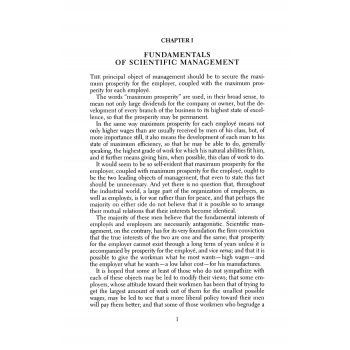
-350x350.png)
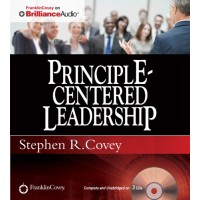
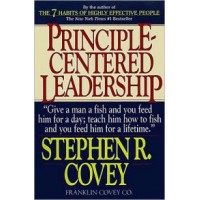

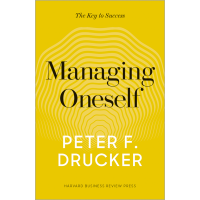
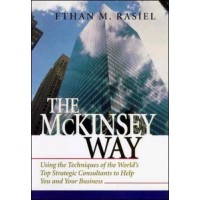
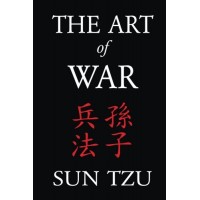
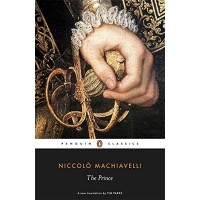
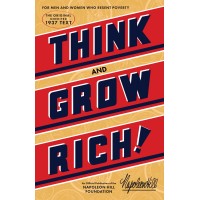
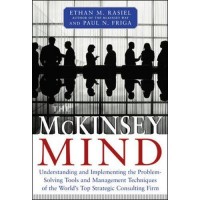
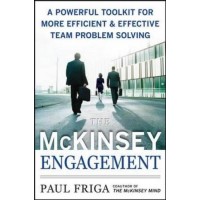
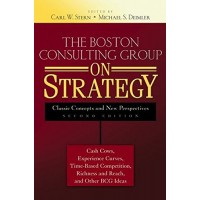
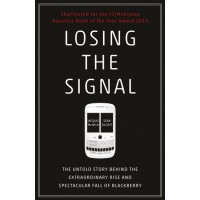







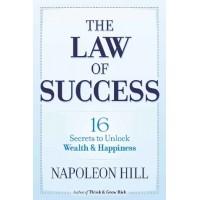
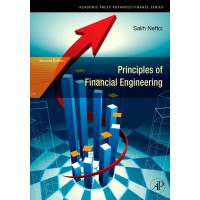


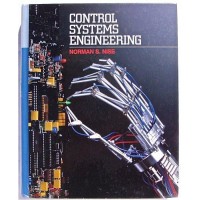
-200x200.jpg)

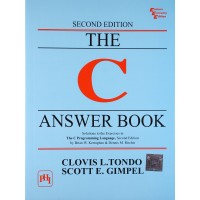
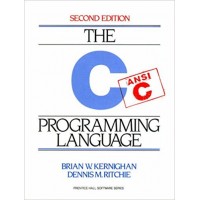

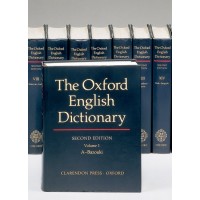

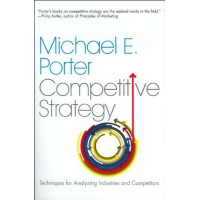

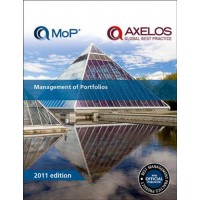
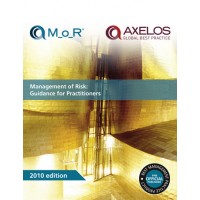

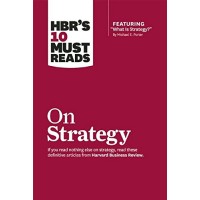

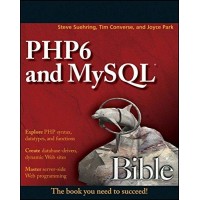
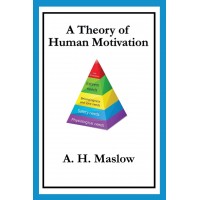
-200x200.jpg)
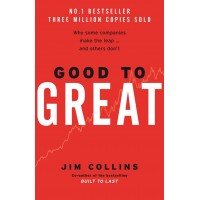

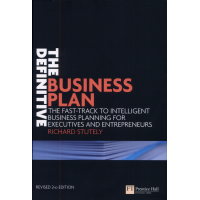


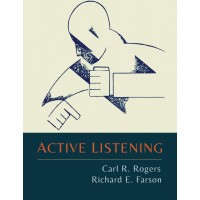
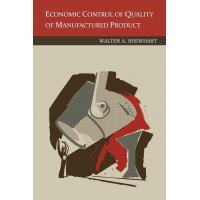
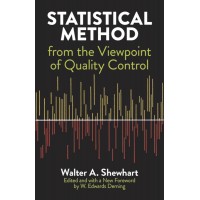
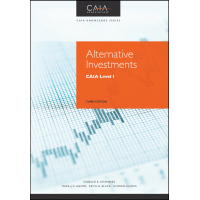
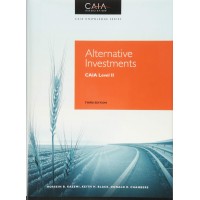
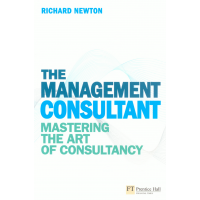
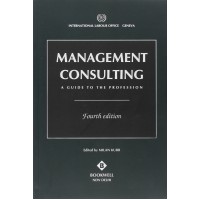
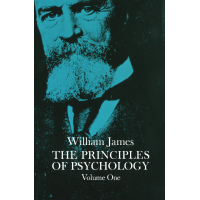
-200x200.jpg)
